Last week, the Minister of Finance announced that the Federal Government (FG) had approved the removal of fuel subsidy, which will take effect from Jun-2023. The recently released 2023-2025 Medium-Term Expenditure Framework and Fiscal Strategy Paper (MTEF/FSP) disclosed that if the FG holds on to fuel subsidy, it will spend a total of N6.4tn in 2023. However, the Federal Executive Council (FEC) sort to cut down its expenditure spending by exiting the subsidy program in Jun-2023, which implies the country will only spend N3.4tn on subsidies for the year. The move to treat Petrol Motor Spirit (PMS) as a public good continues to deter investment in the downstream oil and gas sector and has left the FG as the primary importer of PMS, leaving the price per litre fixed.
In H1-2022, the FG has spent N1.6tn (vs a total of N1.1tn NNPC remittances in H1-2022) on its subsidy program to keep the price of petrol fixed. The FG’s energy subsidy programmes continue to create a gaping hole in the FG finances. The subsidy programmes, coupled with the revenue underperformance, printing at just 54.4% for the first four months of the year, have led to increased debt financing for the FG. Regarding investments, the reluctance to implement deregulation makes it largely unprofitable for insignificant oil marketers to import PMS amid Foreign Exchange (FX) pressures in the economy. In addition, the current price cap does not allow marketers to recover their initial costs, discouraging market players from engaging in wholesaler activities. Hence, they must rely on NNPC to import PMS, implying that all other marketers earn retailers’ margins.
Looking forward, the potential removal of the subsidy in Jun-2023 is expected to provide some respite for the downstream oil and gas sector and the general macro economy as a whole, firstly increased. We are broadly optimistic regarding the possible removal of subsidies as it would be a net benefit for the oil and gas sectors in terms of investments and reduced reliance on FGN and related agencies on importation. The ongoing implementation of the subsidy restricts the inflows into the remittance amount whilst also restraining the CBN's ability to intervene in the I&E window and free up FX flows, which will support the ailing naira.
However, on the downside, the initial aftermath of the subsidy removal will see rising inflationary pressures in the short-term, as the general price level of food items, transportation, energy prices and other components of core inflation will trend upwards. As a result, we expect significant public backlash. This here lies a worry for us, as the FGN, regardless of any administration, has backflipped its downstream oil and gas policy. Most recently, in 2020, the Minister of Finance announced the removal of the petroleum subsidy. At the time of the pronouncement, crude oil prices were considerably low and required no short value cover from the government. This was reversed when the crude oil prices rebounded.
 Lagos, NG • GMT +1
Lagos, NG • GMT +1











 408 views
408 views


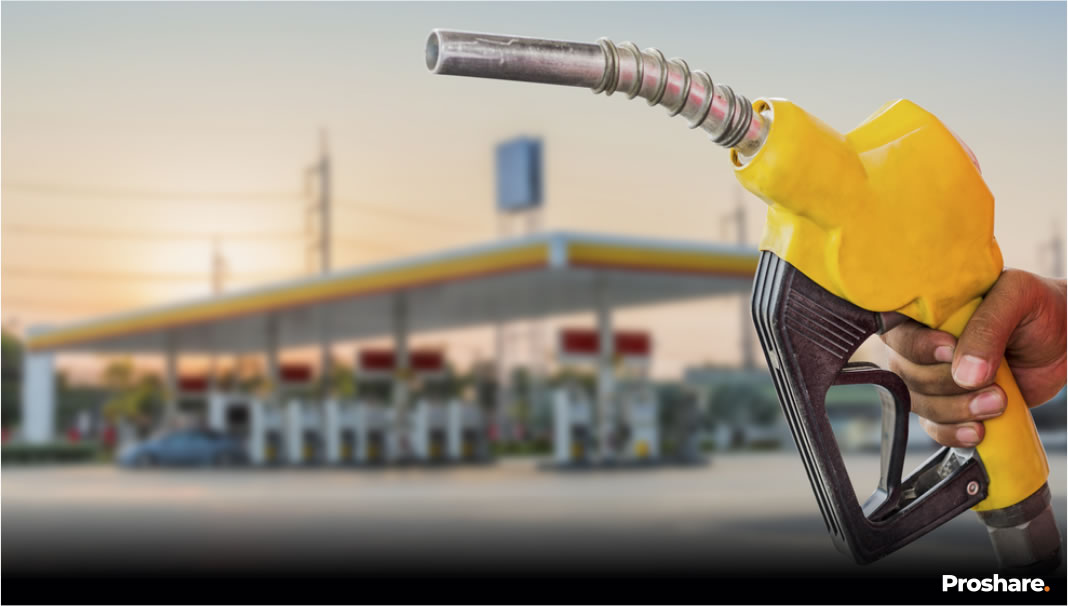
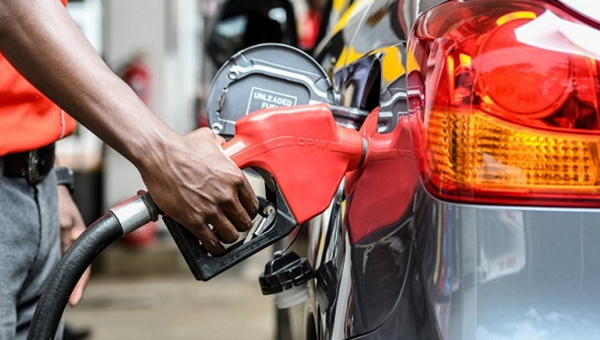
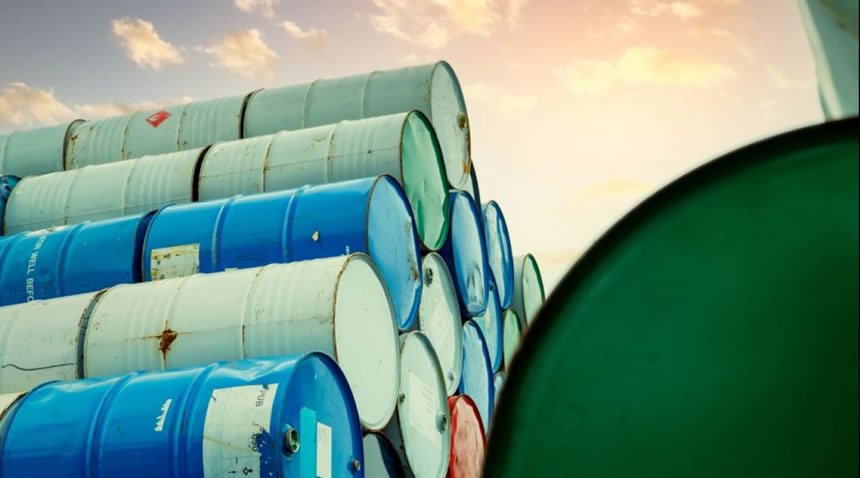
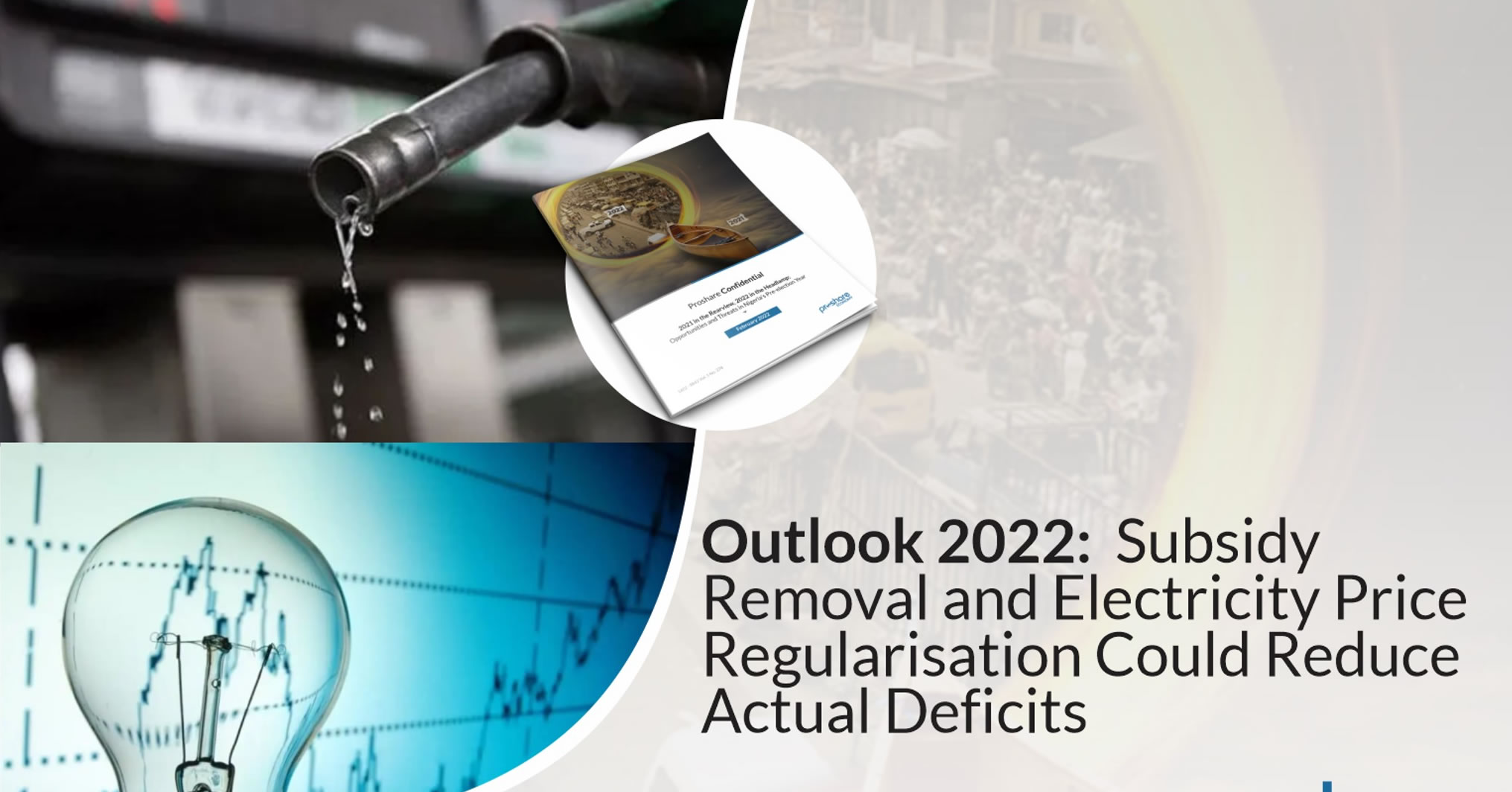
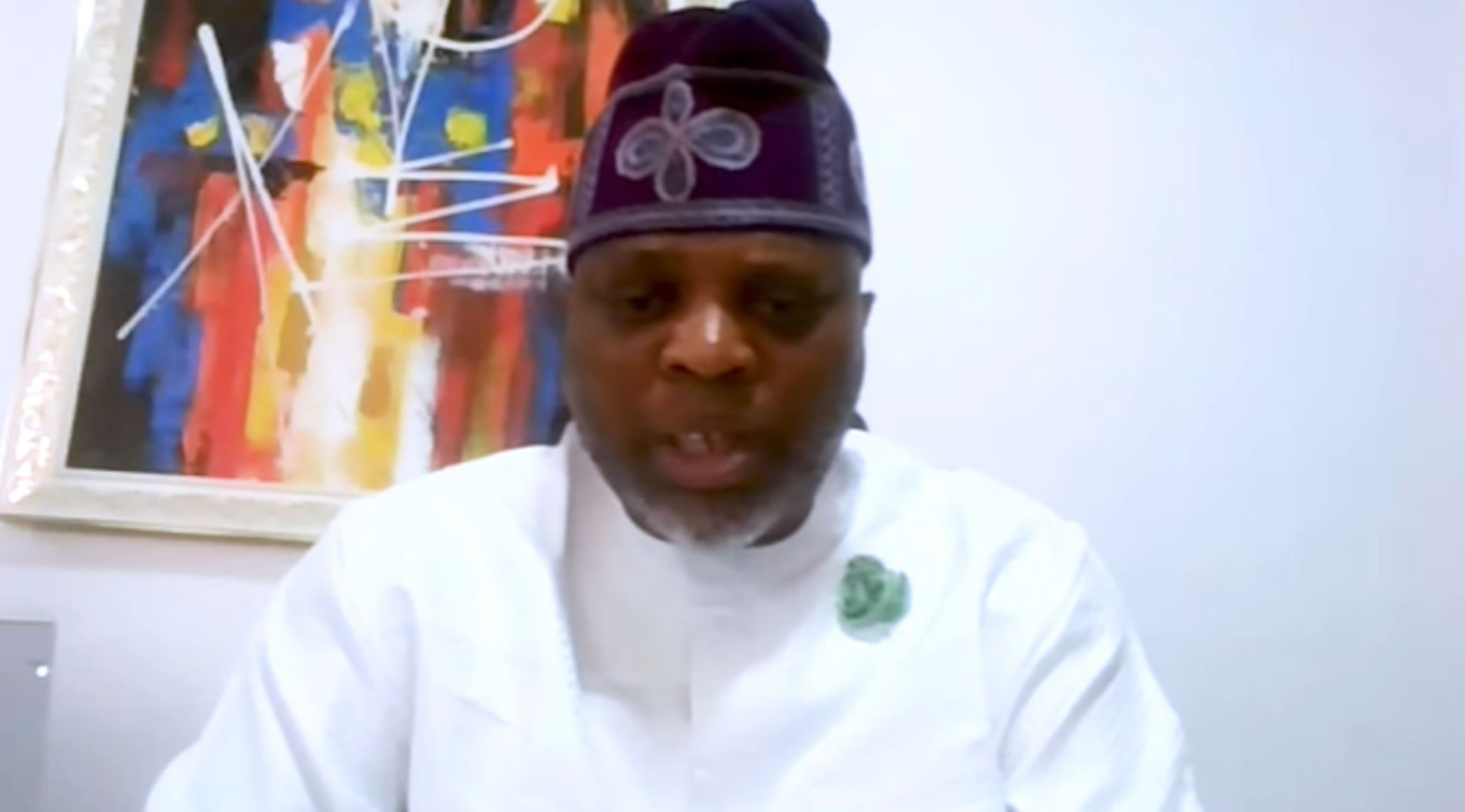
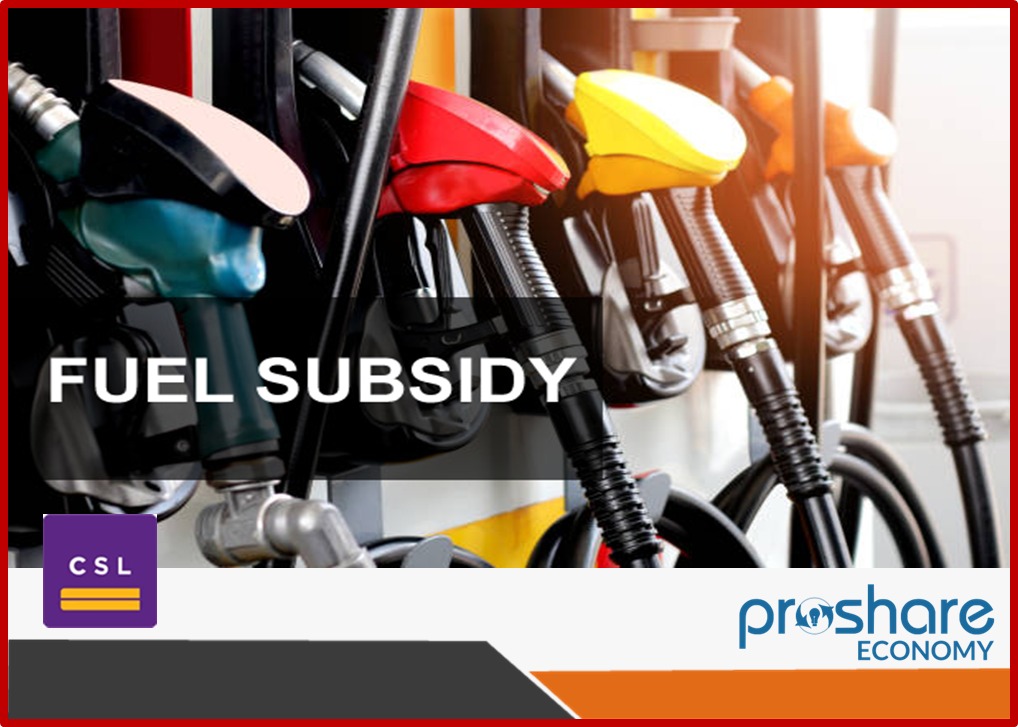
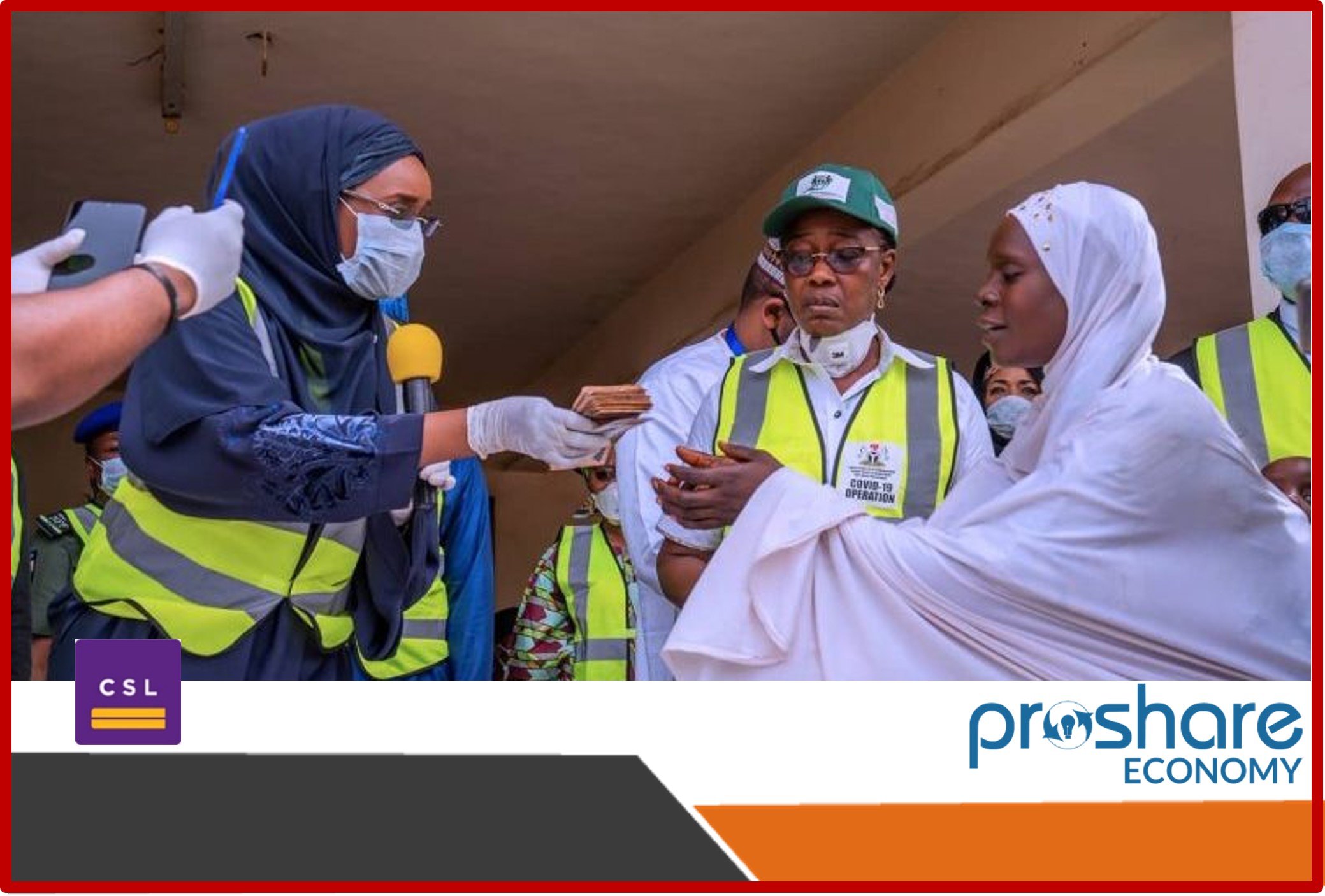





 Sponsored Ad
Sponsored Ad
 Advertise with Us
Advertise with Us









